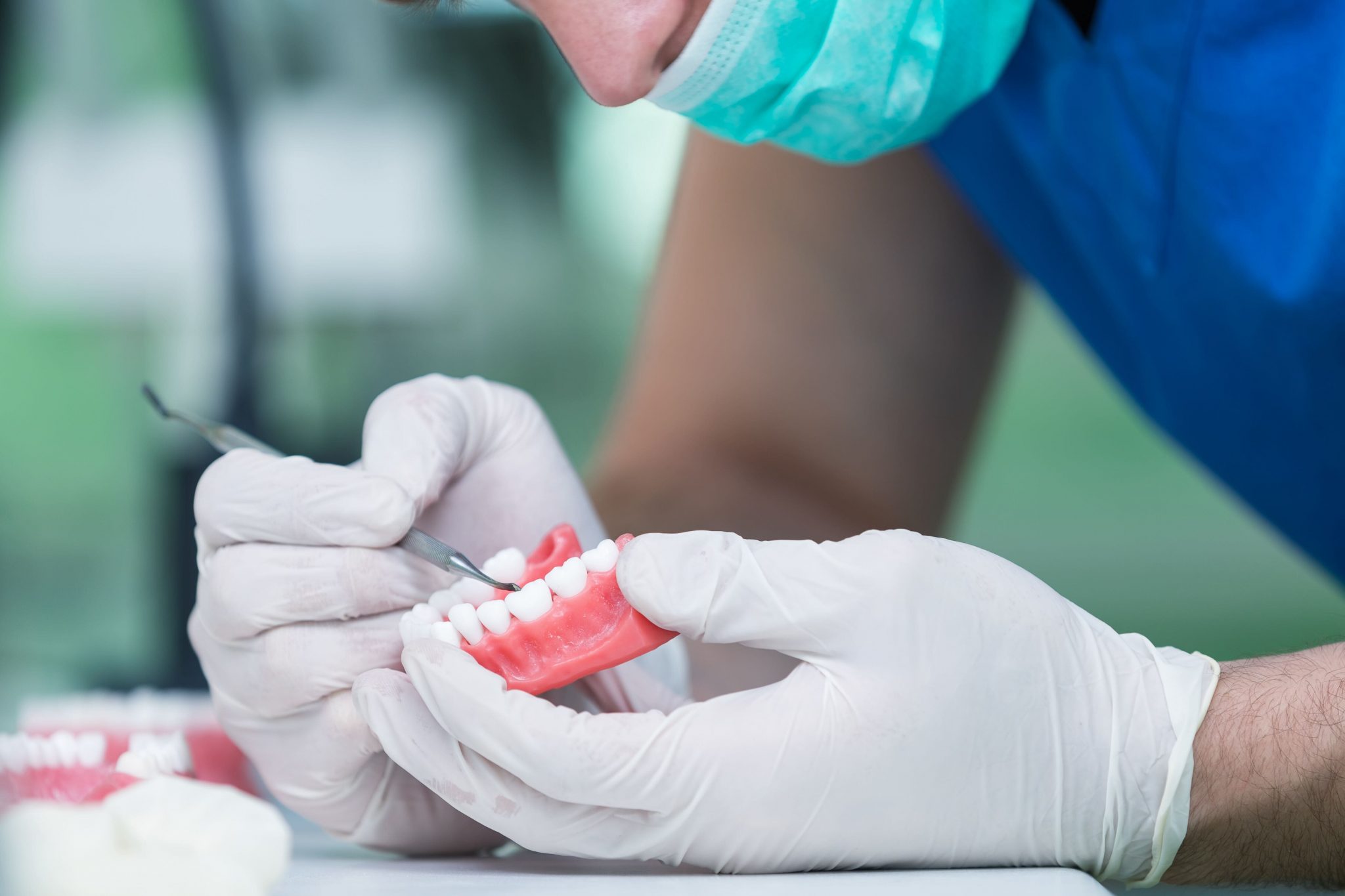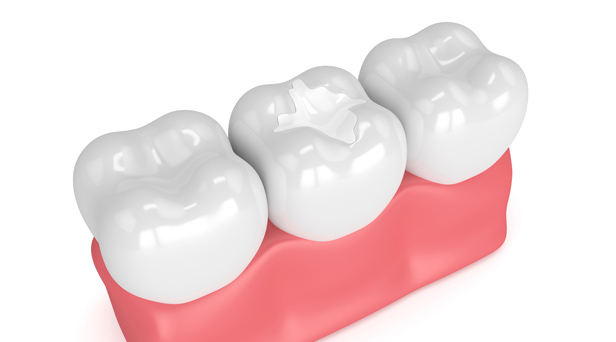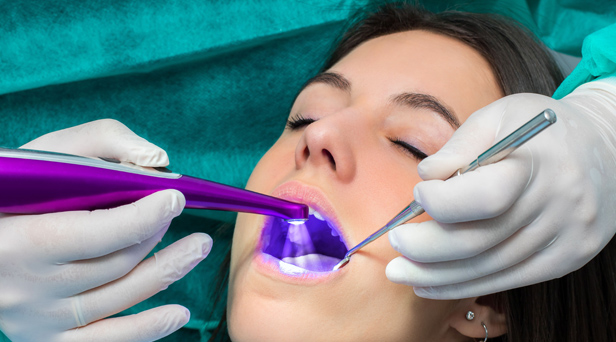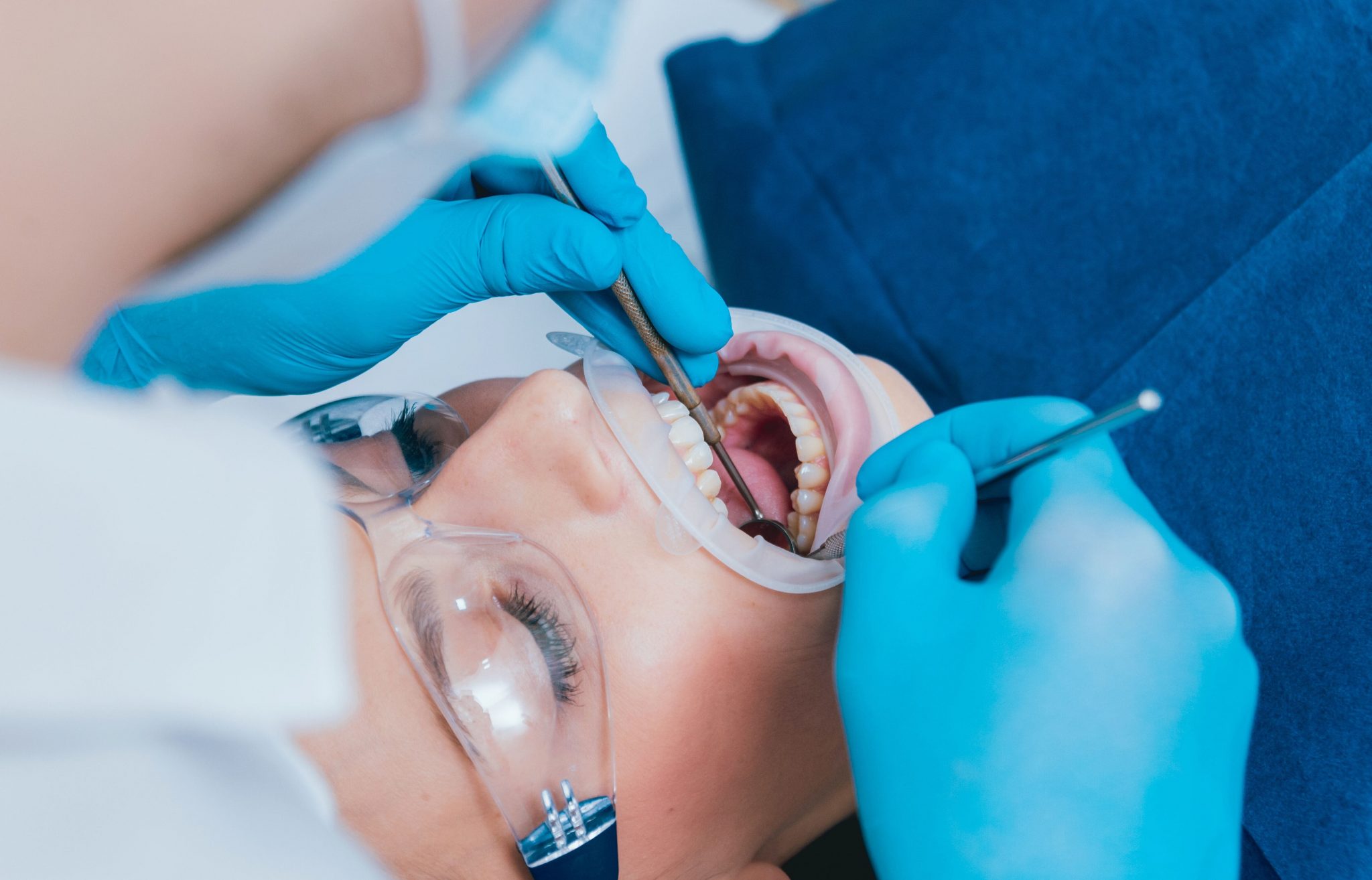As long as you have healthy gums and teeth, you are qualified for treatment with your orthodontist, regardless of your age. If you are one of those people who are not happy with your teeth, no matter how old you are, it is never too late to seek a brace treatment to correct the alignment of your teeth, to show off the smile you always wanted to have.
You will be surprised to know that one in three patients are adults, thanks to this high demand, which is constantly growing. New orthodontic systems have emerged, with virtually imperceptible elements, and just as effective as those traditionally used for children or adolescents.
Today we find people between 20, 30, 40 and even 60 and 70 who have decided to opt for an orthodontic treatment to improve not only the aesthetics, but also the functionality of their dentures.
Can Adults Use Oral Appliances?

It should be known that treatments with braces in adults are more complex than those performed on children, since the maxillary bones are fully developed, so you cannot act directly on them to guide the correct eruption of the teeth, as if It is possible with children. For this reason, the movements cost more than in the case of the little ones, and for that reason, the treatments are longer.
There are times when you have to correct malpositions in the maxillary bones, having in those cases, to resort to a combined treatment of orthognathic surgery at the hospital and orthodontic level.
In addition, it is very common for adults to have other pre-orthodontic treatments to maintain the health and functionality of their teeth, such as root canals, crowns or dental veneers, implants, root canal treatments, etc. These procedures do not imply any impediment when starting an orthodontic treatment, you just have to keep in mind that the mouth should be healthy.
Do Adult Oral Appliances Take Longer than Appliances for Children?
Contact Fusion Dental Care in Raleigh
We recommend that you visit your dentist so that he can guide you towards the right treatment for your needs, and remember that it is never too late to achieve the smile you always dreamed of. If you have any questions or would like to schedule an appointment at our Raleigh dental office, please reach out to Fusion Dental Care by calling us today!








